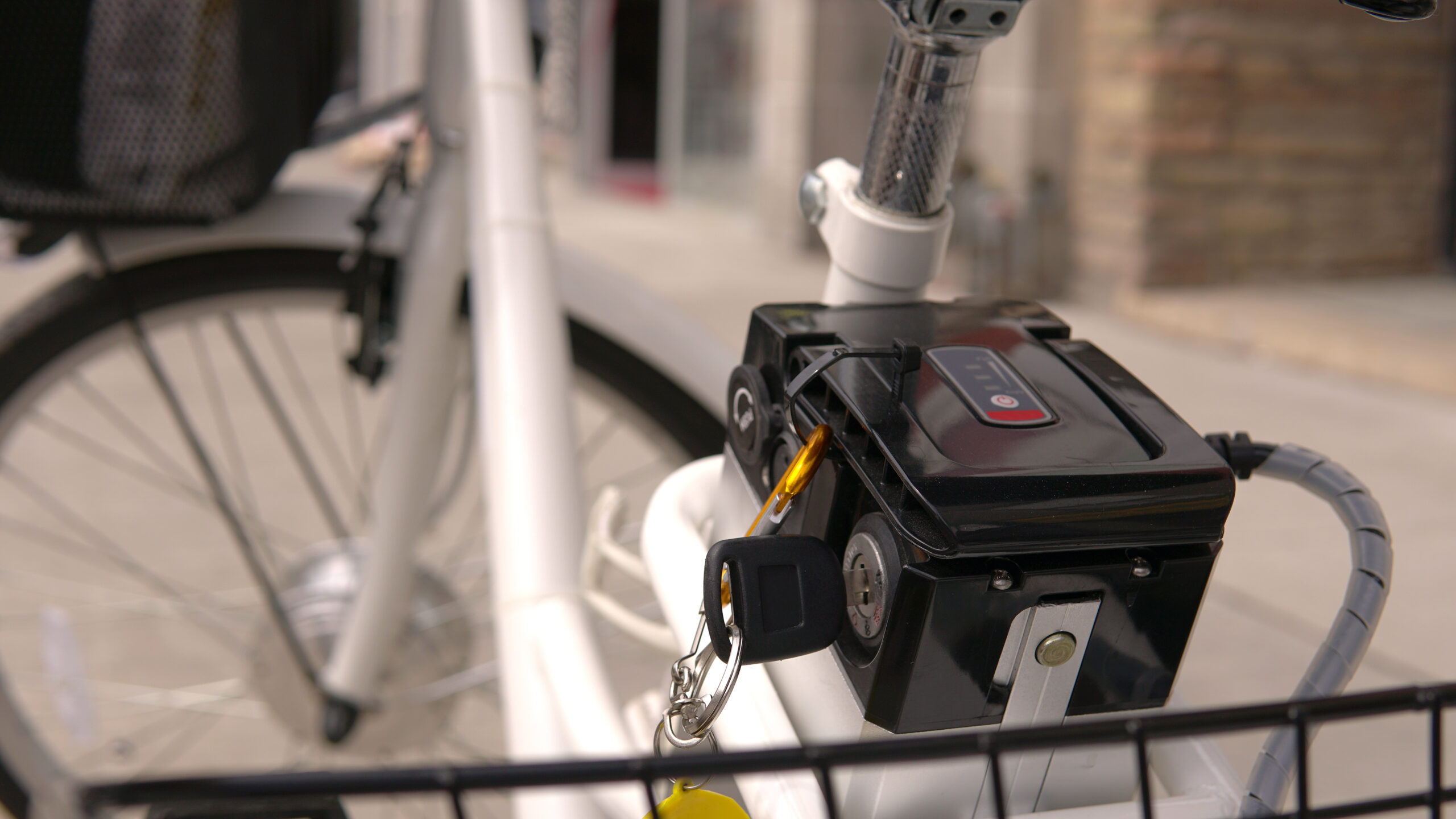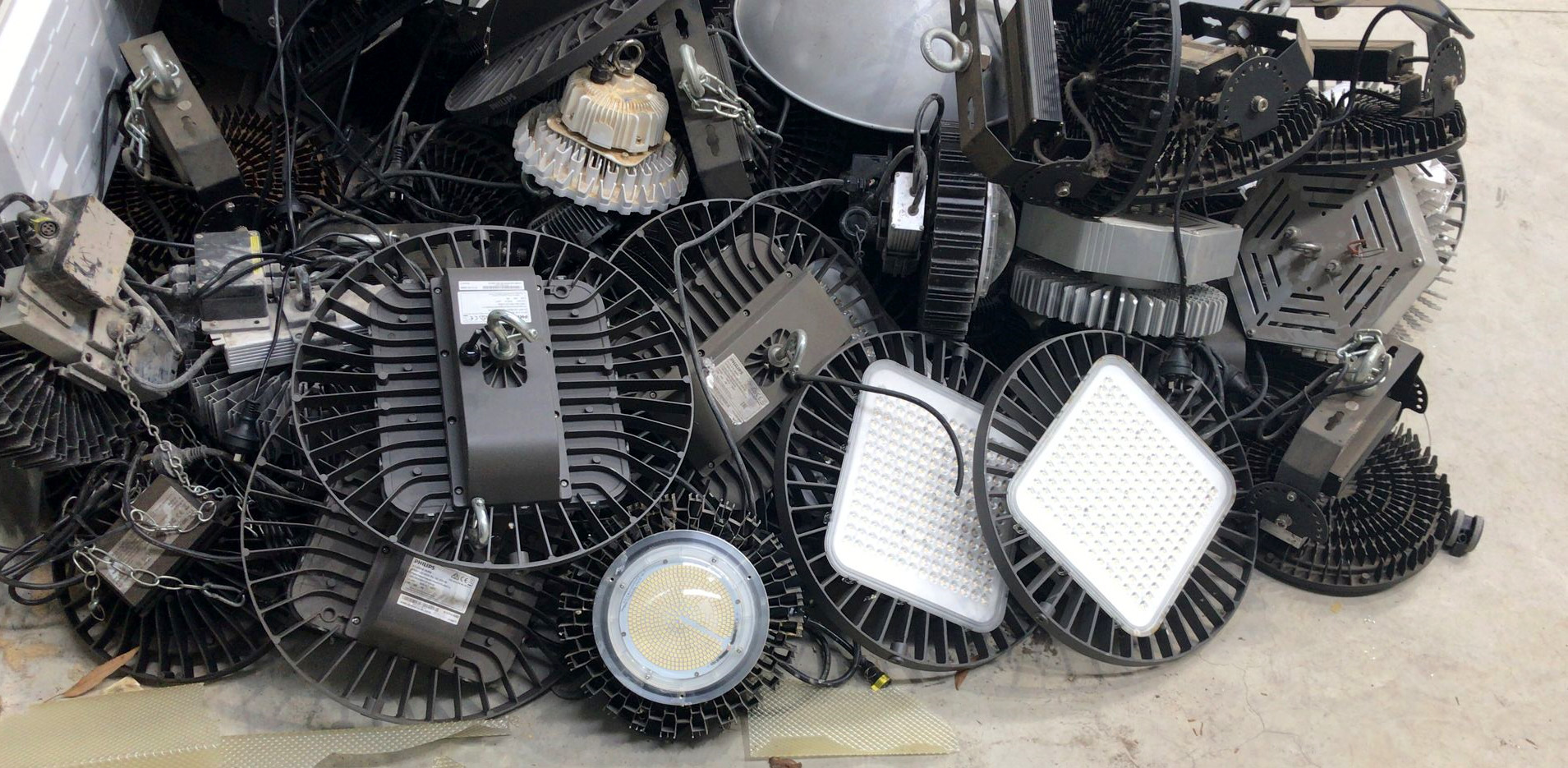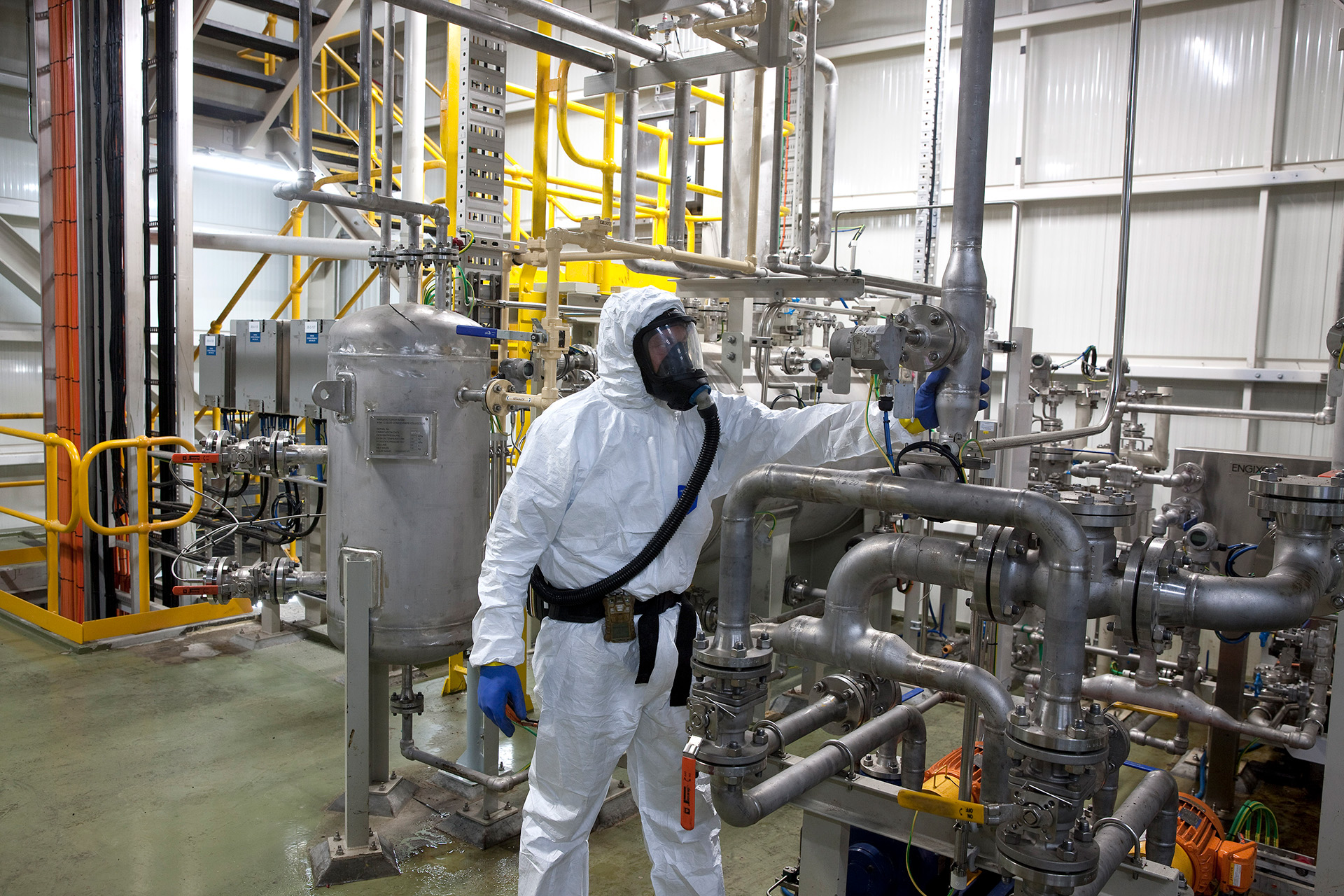Ordinary items like light bulbs, batteries and mobile phones contain toxic mercury, which can lead to serious health consequences unless it’s recycled.
Fortunately, there are only small amounts of mercury in most everyday products, meaning they are safe to use at home and in the workplace.
That said, mercury-containing waste like used batteries can produce health and environmental hazards if this waste is thrown in the general waste bin and makes its way to landfill.
Recycling mercury-containing products in Australia ensures this hazardous metal is handled safely, removing the mercury and putting it to work in new products and uses.
Here are the key points to consider when recycling products that contain mercury:
How to dispose of and recycle mercury waste
These days, the main mercury-containing waste products found in homes are battery waste, lighting waste and electronic waste (e-waste).
Additionally, mercury-containing waste found specifically at businesses and commercial spaces includes dental amalgam, thermometers and other medical waste, and mining waste.
These items undergo separate recycling processes, so they need to be discarded in different ways.
Households and small businesses can drop off products like old laptops, lights and batteries at dedicated collection points run by local councils.
The important thing to remember is that mercury-containing waste must not be thrown into the household recycling bin, as it won’t be recycled correctly.
Some retail stores also offer collection points, so it’s best to check RecyclingNearYou.com.au where you can find your closest collection point for each type of waste.
Why recycling mercury waste is important
Recycling mercury is important for a number of reasons, not least that it helps protect communities and the environment.
When products made with mercury are discarded into landfill, the mercury can contaminate soil and leak into sewers and waterways.
In water, mercury can convert into methylmercury, which is absorbed by smaller fish and then bio-magnified up the food chain.
The Minamata disaster of the mid-1950s saw thousands of people killed from mercury poisoning after a chemical plant dumped methylmercury into the sea.
Today, the Minamata Convention on Mercury binds countries around the world to reduce mercury waste, however it’s up to all of us to keep our waterways and environment mercury-free.
Recycling mercury is easy
Recycling mercury-containing waste can be easy for businesses and organisations with help from Ecocycle.
Recycling mercury-containing products can lower costs for businesses, as well as demonstrate a commitment to reducing an organisation’s environmental footprint.
As one of Australia’s most experienced mercury recyclers, Ecocycle offers a variety of commercial-scale solutions for your workplace.
Ecocycle provides everything from one-off collections through to comprehensive recycling programs.
To learn more, give us a call on 1300 32 62 92 or fill out the form below and one of our friendly specialists will find a solution for you.






